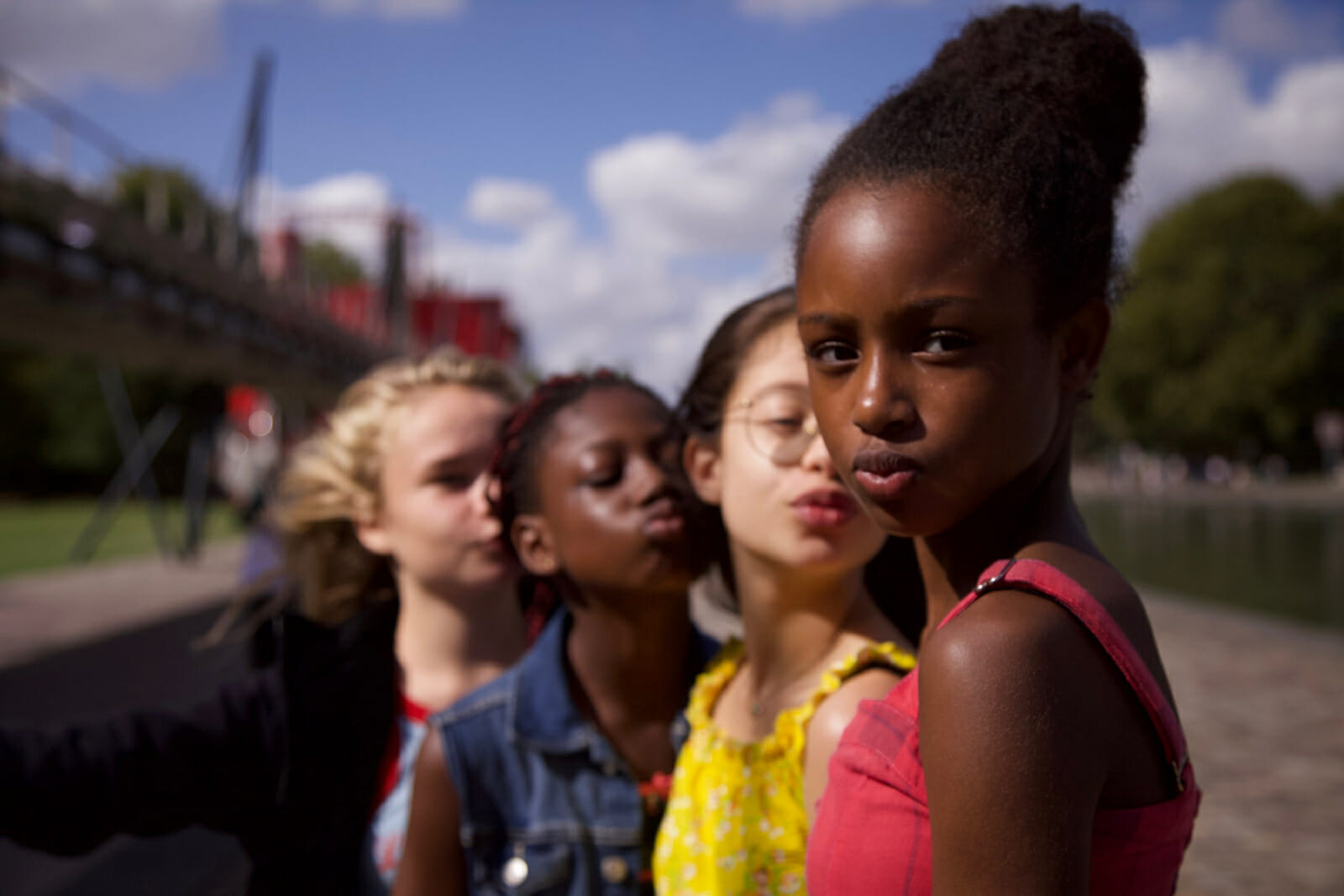
Changing Our Culture: Stopping the Sexualization Of Young Actresses
Just this past month, Netflix released their newest film Cuties. At surface level, this movie is simply a coming-of-age movie about young dancers. Despite calling out the sexualization of young girls, the movie shockingly chooses to subject young 11-year old cast members to some of the crudest sexualization we’ve seen in recent Hollywood films. The film consistently showcases child actresses wearing revealing outfits, while also featuring a scene in which one of the child actresses is seen stripped to her underwear. In another scene, one of the young girls tries to seduce a significantly older family member to avoid getting into trouble.
Although the film has a seemingly innocent message, the level at which they sexualize child actresses is shocking. The constant depiction of the child actresses twerking, being spanked, and dancing in sexualized manners, undermines the message that the movie claims to be sending. In an age increasingly dictated by online toxicity, the film industry should be aiming to portray young girls in a positive light. This specifically means stopping the practice of sexualizing child actresses. By sexualizing young girls, Cuties plays right into the narrative it claims to be fighting against. The camera angles that the film utilizes is also incredibly problematic, grossly zooming in on inappropriate body-parts of the young girls. According to IMDb’s parental guide, one shot even shows an 11-year-old actress with an exposed butt. It’s incredibly inappropriate to say the least. At its worst, it directly exploits child actresses in an effort to tell a story.
We need to demand better from Hollywood. It is crucial that we don’t let the sexualization of young girls become any more rampant than it currently is. Cuties is not the first instance of the entertainment industry sexualizing young actresses. Recently, Stranger Things actress Milly Bobby Brown was featured on W Magazine’s “Why TV is sexier than ever” list when she was only 13 years old. Further expressing the challenges young female stars face, movie star Meghan Fox described the pressures of facing sexualization in the film industry as a minor (particularly at the age of 15). “I didn’t want to be seen, I didn’t want to have to take a photo, do a magazine, walk a carpet, I didn’t want to be seen in public at all because of the fear, and the belief, and the absolute certainty that I was going to be mocked, or spat at, or someone was going to yell at me, or people would stone me or savage me just for being out.”
The sexualization of young children can be particularly damaging and traumatic to their long-term health. The entertainment industry must protect young performers by not allowing this sort of sexualization to occur to minors. In order to ensure that the industry does this, we as viewers need to hold film producers and distributors accountable, by denouncing any film that engages in sexualizing underage actresses or actors.
The sexualization of young girls is nothing new in the entertainment industry. It has historically existed within multiple forms of entertainment media. According to a 2010 study by the PTC, 47% of underage female characters in films are depicted in a sexualized manner, while only 29% of adult characters are. Our culture needs to give time and space for young people to grow up. The sexualization of young girls undermines this mission and harms so many young actresses and public figures. We need to promote a culture that respects young actresses while allowing them to foster their own sense of identity. Constantly sexualizing them, undermines this growth, and makes them doubt their own self-worth. Young girls are smart and strong, but most importantly they are people. Young girls are not props that can be fetishized to boost ratings or garner attention.
Right now, the world is facing a massive problem, that being the sex trafficking of young kids around the world. In order to stop this sickening multi-billion-dollar industry, the film industry needs to find alternative ways to get attention and tell stories. Fire can’t fight fire, just like sexualizing child actresses can’t be done to educate people about the sexualization of young girls. Reforming cultural norms starts by treating people with dignity. This means providing children with the time to grow and learn, rather than sexualizing them as if they were adults. Giving children the space to find themselves is important. Sexualizing young girls unfairly forces them into the limelight for public scrutiny. Sexualizing young girls in films, fashion, and entertainment can’t be normal. We have to fight the sexualization of young girls whenever and wherever we see it. Sexualizing child actresses should never be an acceptable practice in the entertainment industry under any circumstance.

